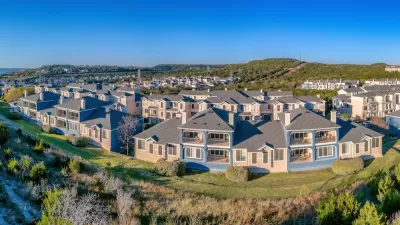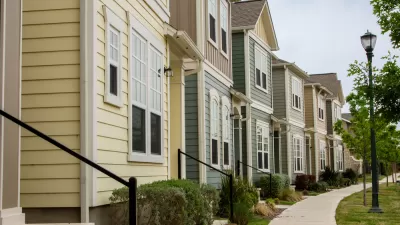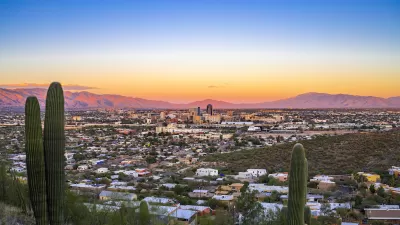Gullah-Geechee residents of Mcintosh County, Georgia, are seeking a referendum to reverse zoning changes they say threaten their community, one of the last in the South. County commissioners say they don’t have that power.

Residents in Mcintosh County, Georgia, are pushing back against zoning changes they say threaten one of the South’s last Gullah-Geechee communities. According to an Associated Press article published by Fox 5 Atlanta the Black residents of Hogg Hummock, located on Sapelo Island, filed a petition seeking a referendum on the county commissioners’ decision last fall to double the size of houses allowed in the community, which residents say “will lead to property tax increases that they won’t be able to afford, possibly forcing them to sell land their families have held for generations.”
Hog Hammock is home to a community of 30 to 50 Gullah-Geechee people, descendants of West and Central Africans who were enslaved and brought to the coastal lands and barrier islands of the southeastern coast of the United States, where they lived in relative isolation, allowing them to retain their African culture, heritage, and traditions.
“Hogg Hummock residents and their supporters submitted a petition on July 9 with more than 2,300 signatures at the McIntosh County courthouse,” writes Russ Bynum for the Associated Press,” which is more than required to put the zoning issue before county voters. But an attorney representing the McIntosh County commissioners submitted a letter to the probate judge, arguing that, “Though Georgia’s state constitution allows citizens to force special elections on some decisions by county governments, it doesn’t give them the power to overturn county zoning decisions.”
“Georgia gives 60 days for a probate judge to review a petition and decide if it meets the requirements for a special election,” Russ reports. If the probate judge sides with the petitioners, the issue could go before voters in September or October.
FULL STORY: County says Georgia slave descendants can't use referendum to challenge zoning changes

Planetizen Federal Action Tracker
A weekly monitor of how Trump’s orders and actions are impacting planners and planning in America.

Map: Where Senate Republicans Want to Sell Your Public Lands
For public land advocates, the Senate Republicans’ proposal to sell millions of acres of public land in the West is “the biggest fight of their careers.”

Restaurant Patios Were a Pandemic Win — Why Were They so Hard to Keep?
Social distancing requirements and changes in travel patterns prompted cities to pilot new uses for street and sidewalk space. Then it got complicated.

Maui's Vacation Rental Debate Turns Ugly
Verbal attacks, misinformation campaigns and fistfights plague a high-stakes debate to convert thousands of vacation rentals into long-term housing.

San Francisco Suspends Traffic Calming Amidst Record Deaths
Citing “a challenging fiscal landscape,” the city will cease the program on the heels of 42 traffic deaths, including 24 pedestrians.

California Homeless Arrests, Citations Spike After Ruling
An investigation reveals that anti-homeless actions increased up to 500% after Grants Pass v. Johnson — even in cities claiming no policy change.
Urban Design for Planners 1: Software Tools
This six-course series explores essential urban design concepts using open source software and equips planners with the tools they need to participate fully in the urban design process.
Planning for Universal Design
Learn the tools for implementing Universal Design in planning regulations.
Heyer Gruel & Associates PA
JM Goldson LLC
Custer County Colorado
City of Camden Redevelopment Agency
City of Astoria
Transportation Research & Education Center (TREC) at Portland State University
Camden Redevelopment Agency
City of Claremont
Municipality of Princeton (NJ)





























